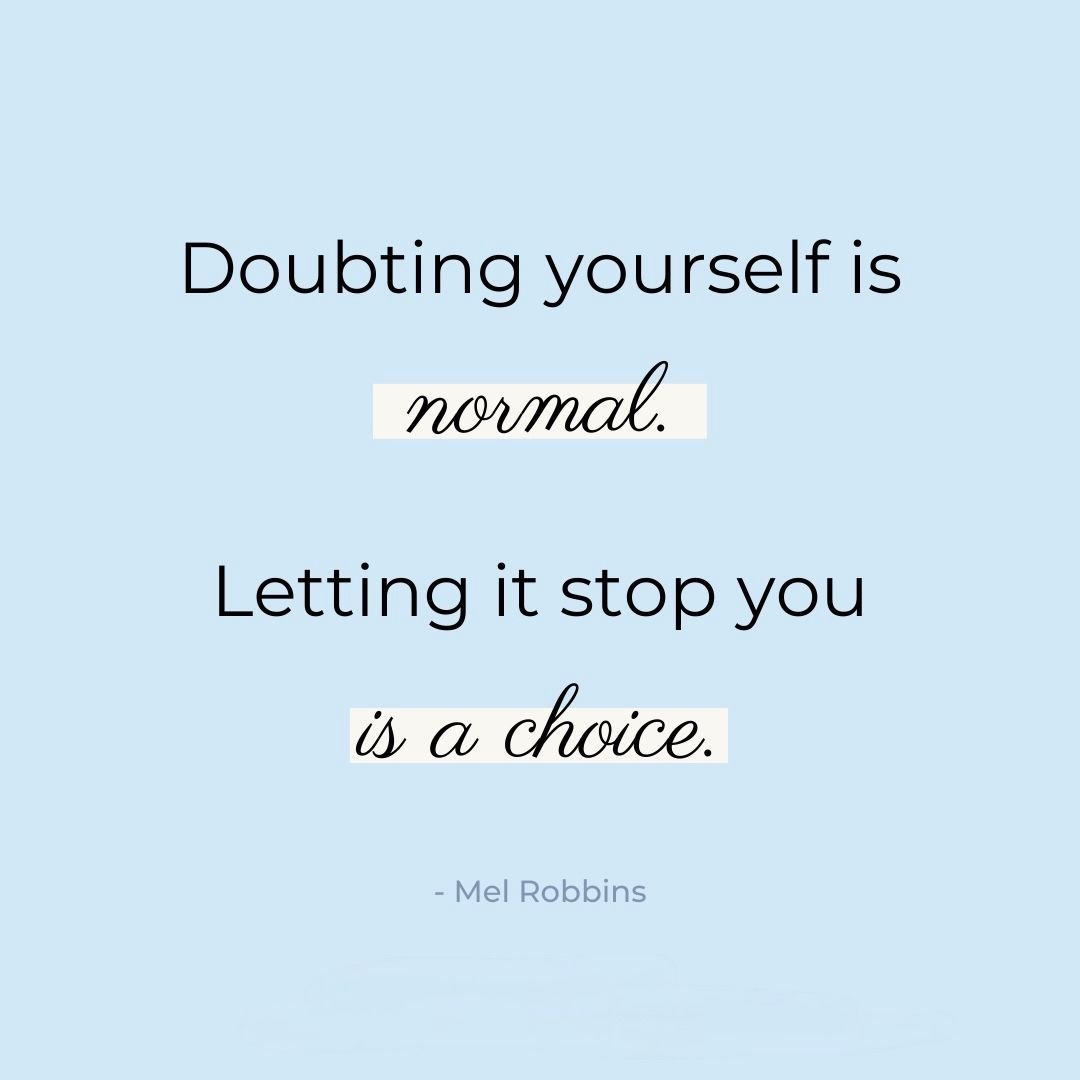Inclusive leadership lies at the heart of DEI, and research shows that 70% of an employee's sense of feeling valued stems from what they see and hear from their leader. To foster this environment, leaders must take ownership and commit to creating programs and policies that make employees feel appreciated and included. I think by embracing inclusive leadership, organisations can unlock the benefits of diverse decision-making, gain new perspectives, and leverage those insights to build a competitive advantage. What do you think?
Empathy is not weakness
c/o Lolly Daskal ©
Words are powerful as they can both build up or tear down. An empathetic leader understands the weight of their words and speaks with thoughtfulness and restraint. They listen first, reflect, and then respond with wisdom. I think a leader’s words should inspire, uplift, and guide, never harm or discourage. In a world full of noise, an empathetic leader knows that intentional and thoughtful communication is key to lasting influence. What do you think?
An alternative model
Research indicates that while 80% of organisations consider leadership a high priority, only 41% are adequately prepared to meet the challenges of identifying and developing leadership talent. To address this gap, I offer comprehensive leadership coaching that focuses on emotional intelligence and cultural understanding. My approach begins by helping you envision a detailed and vivid picture of your future, creating a clear and compelling vision of what you want to achieve. Once we establish and understand your unique perspective, we can identify new outcomes and goals that align with your aspirations. From there, we dive into tailored coaching sessions designed to unlock your potential and equip you with the skills needed to thrive as a leader.
Contact me via email for further details.
The distinction matters
If you are in leadership development, talent management or HR, I think it’s critically important that you clarify the differences in leadership and management. When designing leadership development programs, be intentional about whether you are fostering leadership skills or management skills? As these titles should be used deliberately and clearly so that you don’t use them interchangeably. Smart is learning, wise is unlearning and the distinction matters.
Mind the gap
It’s all about bridging the gap, whether that gap is about money, experience, or opportunity. At the core, it starts with respect and reverence for where we’ve come from, but it doesn’t stop there. It’s going to take a mindset shift, one that challenges traditional leadership to step up, open the gates, and create space for people to show up as their most genuine, unfiltered selves. I think real change management is meeting people where they are and walking with them toward what’s possible.
Looking inwards
How can I achieve personal growth and success in leadership roles?
I think aligning your actions, decisions, and behaviours with your self-awareness, your vision of the future, and your desire to make a positive contribution are essential for personal and professional development. These three questions will certainly help you succeed in leadership roles:
1. Who am I?
2. Who do I aspire to become?
3. How can I bring my best contribution?
And acting on your answers to these questions is a key part of leadership development. And leaders who continually reflect on these questions and act accordingly are more likely to lead with authenticity, inspire others, and achieve their goals while also helping others achieve theirs.
Making the right choices
““Dear Managers,
Your job is not to make people work harder. Your responsibility to help your team achieve their goals, let them know that their work matters, and then recognise and reward those who consistently help the team deliver timely, high quality and positive outcomes.””
I think we all have different opinions, the problem starts when we feel our opinion is worth more than what anyone else can say. Authentic leaders know they can learn a lot from those that think differently than they do. Contact me via e-mail for a confidential 1:1 session
Catalyst for further transformations
We live in an ever-evolving world, change is constant. I think the preferences and behaviours of our customers have already changed, and will continue to change and change itself will drive even more change. Sales leaders need clarity on what and how customers are buying so that sales can adapt just as quickly – at every level.
Sales managers vs. Sales leaders
What’s the difference between a sales manager and sales leader?
I think a sales manager is typically responsible for overseeing a team of sales representatives or salespeople. And their primary focus is on managing the day-to-day operations of the sales team, including setting sales targets, monitoring performance, providing coaching, and training, and ensuring that sales goals are met. Sales managers often have a more hands-on role in the execution and supervision of sales activities.
The role of sales leaders is not only managing the sales team, and they also play a key role in developing and implementing the overall sales strategy for the organisation. Sales leaders are responsible for setting long-term sales goals, identifying growth opportunities, establishing sales processes and best practices, fostering a sales-driven culture, and guiding the team towards achieving high-performance results. I think sales leaders should get to know salespersons and find out what drives and motivates them in their professional career and personal life. And this will make the sales leaders easier to focus on inspiring, motivating, and empowering the sales team to excel and exceed expectations.
See it and say it
It’s over 3 years since I took the Crucial Conversations education from the training company VitalSmarts (nowadays Crucial Leaning). According to their study, 65 percent of the participants said they stayed silent at work, even though it made them feel inauthentic. You can see why this is detrimental; not only are leaders missing out on the ideas, viewpoints and diversity their employees bring to the table, but the employees also feel like they can't be themselves.
Leaders and CEOs are also on an island as no-one dares to tell them what they really think. What they need is someone who can challenge them, and say, “You said this or that and you never followed through with it.” One of the most detrimental effects of workplace insecurity is when people don't speak up because they fear the outcomes: embarrassment, ridicule, being wrong, or being dismissed both literally and figuratively. And one of the roles of a coach is to hold people accountable for their words and actions. Contact me via e-mail to arrange a meeting the next time you find yourself afraid to speak up.
Sense of personal growth
The Oxford English Dictionary’s definition of purpose - “the reason for which something is done or created or for which something exists”. When we speak about the sense of purpose in work environments, I usually think from a leadership perspective. Therefore, I think our sole purpose as leaders is to bring a fundamental change to how human potential is led and realised. And if we are to truly realise more of the human potential amongst our colleagues and employees, we need to understand the most important thing is to install a great sense of meaning to the work that they are doing for our organisation. I think that this is because a person who has a deep sense of meaning in their work are significantly more productive, effective and innovative. Also, in my experience the person will feel a much higher degree of life quality.
In other words, if you are truly interested in taking your organisation to the next level of performance, you will need to ensure that you have a high degree of meaning in your organisation. Contact me via e-mail for guidance, mentorship or coaching.












